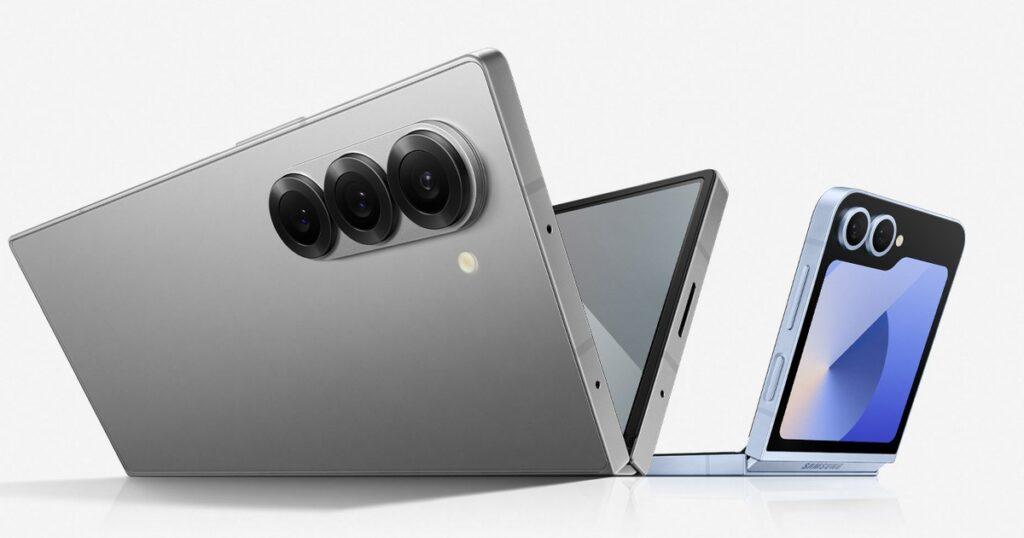Samsung has unveiled a slimmer, more sophisticated foldable smartphone aimed at redefining user experience through artificial intelligence. Speaking with Reuters, Samsung’s Mobile President and Chief Operating Officer, Choi Won-joon, made it clear that the tech giant is setting its sights on becoming the global leader in AI-powered smartphones.
According to Choi, the fusion of foldable technology and advanced AI is about to go mainstream, transforming how users interact with their devices. “I believe that foldable phones enhanced with AI features are on the brink of going mainstream, providing users with a distinctive and innovative experience,” he said. To accelerate this shift, Samsung is leaning heavily on external collaborations, especially with Google, a stark contrast to Apple’s slower, in-house AI strategy that has seen delays in feature rollout.
Read also:
- Oppo unveils ultra-thin Find N5 foldable to rival Samsung, Huawei
- Samsung unveils Galaxy S25 Ultra: A leap forward in Smartphone innovation
- Google faces court scrutiny as AI threatens search monopoly
Samsung has also expanded its AI ecosystem beyond smartphones. The company recently launched its first smartwatches integrated with Google’s AI voice assistant, Gemini. These next-gen wearables are designed to deliver personalized suggestions, like recommending the best routes for jogging, bringing a new dimension to wearable tech.
Anticipating economic hurdles such as rising U.S. tariffs that could push up production costs and dampen consumer demand, Samsung is doubling down on a premium-first approach. In April, the company increased the price of its flagship Galaxy Z Fold 7 by 5%, now retailing at $1,999. To ensure broader market appeal, Samsung also introduced a more budget-friendly option, the Galaxy Z Flip 7 FE, priced competitively at $899.
With AI innovation at its core and a revamped product line that caters to both luxury and value-driven consumers, Samsung is not just responding to competition, it’s rewriting the rules of the foldable smartphone market.
